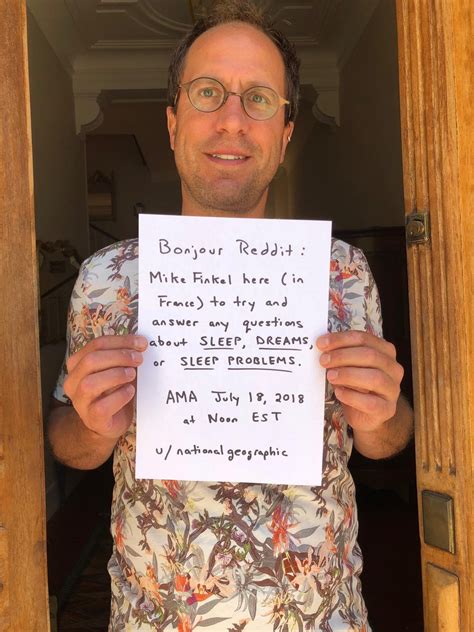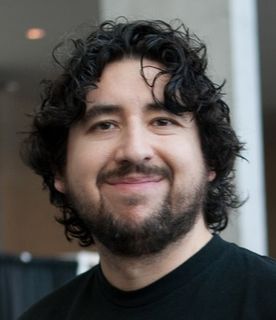A Quote by Bill Callahan
I was late to the Internet. I didn't really understand what it was. I didn't know what an email was.
Related Quotes
When I was 8 or 9, I started using bulletin board systems, which was the precursor to the Internet, where you'd dial into... a shared system and shared computers. I've had an email address since the late '80s, when I was 8 or 9 years old, and then I got on the Internet in '93 when it was first starting out.
You don't have to give us your name and we don't ask for your email address. We don't know your birthday. We don't know your home address. We don't know where you work. We don't know your likes, what you search for on the internet or collect your GPS location. None of that data has ever been collected and stored by WhatsApp, and we really have no plans to change that.
There's always something in new technology that promotes anxiety on the one hand, but also grieving on the other. With the internet, I think we can remember a time when people said "I don't use email," or "I'm not going to get email." I once had to do a piece on people who had never used the internet and refused to start and I found three people. But when I talked to them, they had used it, at some point or another. It's almost impossible to stay off the internet entirely. We feel as though we didn't get to make a decision. There's this new dawn and we all have to embrace it.
Email is the lowest common denominator. It's the way you get communications from one person to another. There isn't really an alternative. Sometimes people will have Facebook messenger turned on, but 99 percent of the time, if you're sending a message to a human you don't know well, you're using email.
We'd never make Slack an email client, but it's good to support sending emails into it. There's quite a bit of formatting you can do. When I get an email from the outside world that I want to share with team, I cut and paste it into Slack. But really, I should be able to import that email as an object.
One thing is funny because my grandparents are going to come see the show and my mom was concerned that they wouldn't understand, because so much of it is Internet-based. Our generation specifically really relates to it, because we were the first people to discover the Internet and most of us can maybe navigate the Internet better than our parents can. All this information you could ever possibly know is right at our fingertips, not to mention the fact you can meet anyone!



































